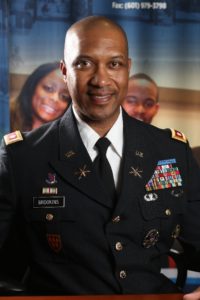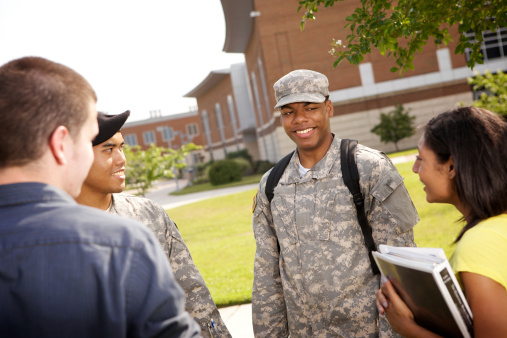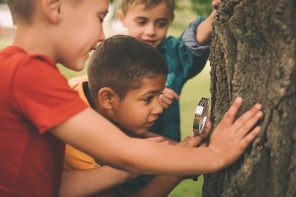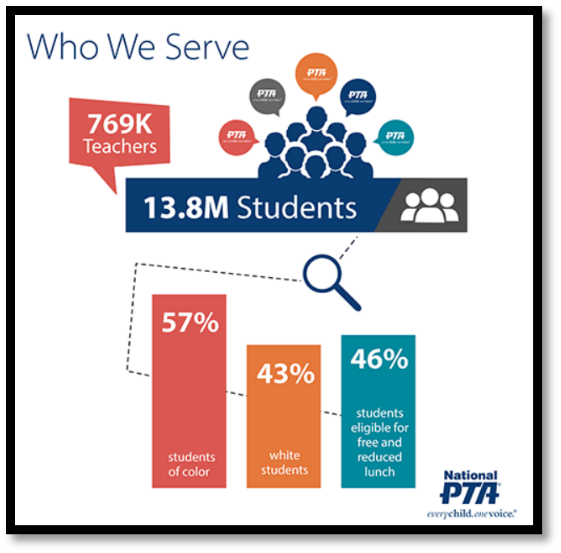As a professor of military science at Jackson State University, I get a lot of questions from parents and students about the ROTC scholarship program. When most people hear the words Army ROTC, they associate it with characteristics like discipline, education, leadership development, etc.
That said, there are also many misconceptions associated with Army ROTC. In effort to break down these common misconceptions, I’d like to share my perspective on Army ROTC and offer information for students, parents and educators, who may be unfamiliar with the program.

Insights from the Inside: Lt. Col. Dexter Brookins, Professor of Military Science at Jackson State University, Gives His Perspective on the U.S. Army Reserve Officer Training Corps (ROTC)
What is Army ROTC?
The U.S. Army Reserve Officer Training Corps (Army ROTC) is a college program that provides undergraduate and graduate students with skills in leadership and discipline, critical thinking, management, cultural awareness and problem solving. This is all valuable in civilian and military careers.
Army ROTC gives students the opportunity to become Army officers, as well as develop the leadership skills to excel in their personal and professional lives. For many college students, it helps them transition from being a normal student to an ROTC Cadet leader.
What happens upon the completion of the Army ROTC program?
Upon completion of the Army ROTC program, graduates are commissioned as Second Lieutenants in the U.S. Army and embark on specialized training in their first Army branch. With a total of 273 host programs and over 1,100 partnership and affiliate schools across the country, ROTC produces approximately 60% of the Second Lieutenants who join the active Army.
What does it mean to be an officer in the Army?
Not only does being an officer in the Army give you confidence, it also places you ahead for civilian jobs, as many employers look to hire Army officers because of the level of leadership training they receive while serving. In addition, Army officers come into the civilian world with a different level of discipline and self-motivation.
What types of training do students receive that is unique to the ROTC program?
For Cadets between their sophomore and junior year, Army ROTC offers a summer training program at Fort Knox, Ky., designed to introduce Cadets to the Army and expose them to the type of leadership training the Army offers.
The Cultural Understanding and Leadership Program (CULP) is another great opportunity that ROTC offers. This program serves to improve Cadet cultural awareness through the complete immersion in another culture.
Over 1,000 Cadets divided into 100 teams participate in this program that consists of a series of month-long, group deployments in 26 different countries. I most recently led a team to Tanzania as part of the program.
What is the major lesson you aim to impart to all students who go through your ROTC Program?
When I first meet with new students, I always ask them about their personal goals and explain how ROTC can help them better meet those goals by taking away the financial burden of college. The financial stress is most often the biggest obstacle for students who want to attend college. The advice I give all of my students is to “stick with it.”
The majority of my students (who stick with the program) come to me after graduation to thank me for guiding them through the program and not letting them give up. Seeing the progression of my students from when they first join the program to when they commission, is what makes my job so rewarding.
Lt. Col. Dexter Brookins is a Professor of Military Science at Jackson State University. To learn more about Army ROTC, visit GoArmy.com.





